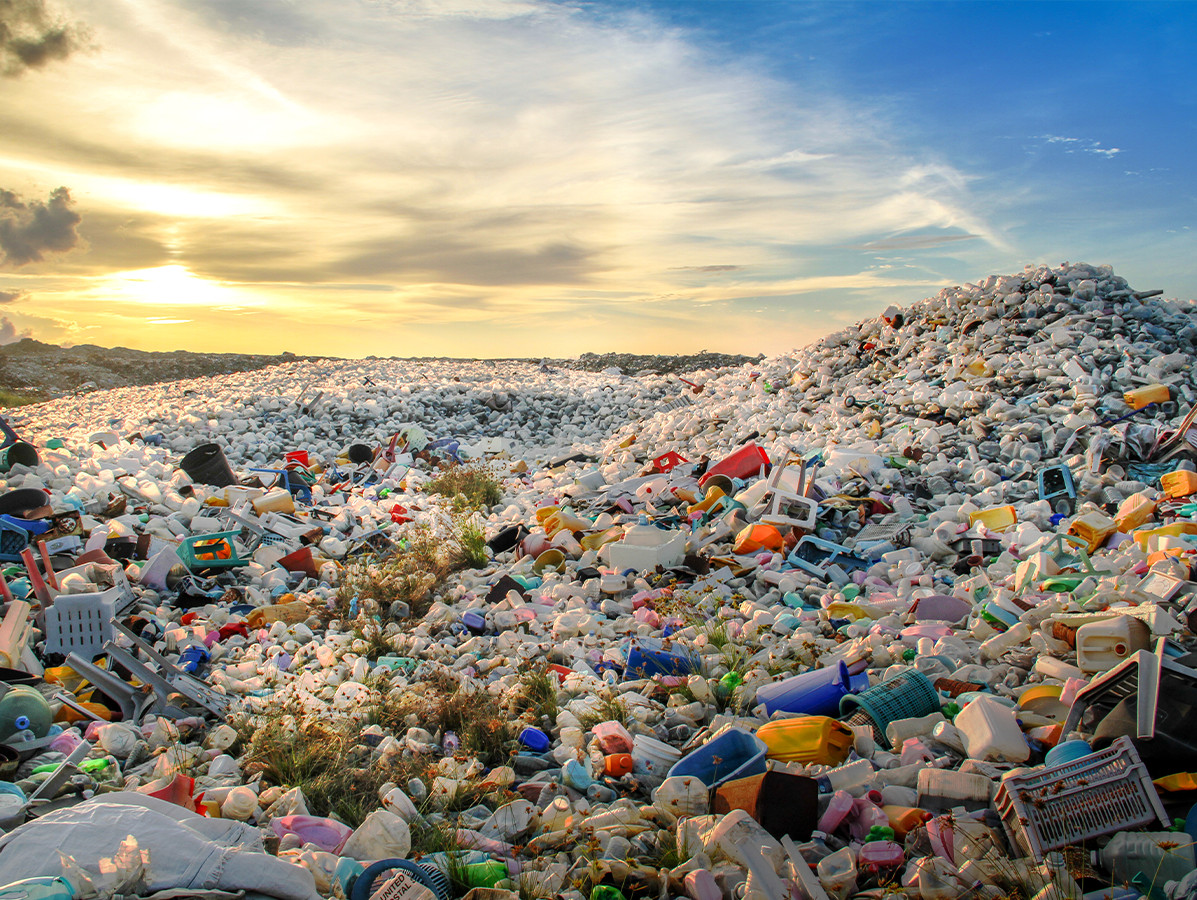
The Dutch government must set much stricter requirements for the reuse of products, otherwise, it will never achieve its circular economy targets for 2030. This is the core of the advice of the “Circular Economy and Society Hub” of Utrecht University.
For a truly circular economy, producers should be further incentivized to use recycled materials and extend their products lifespan. Producers are now only financially responsible for discarded products they have managed to collect. The processing of the remaining waste in incineration plants is still funded through municipal waste taxes, and thus recovered from the taxpayer.
The use of new raw materials must be reduced by 50% in 9 years, and by 2050 the Netherlands must be 100% circular. But with the current rules, the targets will not be achieved.
The government applies a maximum processing price of € 205 per ton. This means that high-quality reuse in new products has little chance. Collection and reuse are therefore too cheap. That may seem paradoxical, but it is not. The recovery of a discarded product (collection and recycling) now costs less than 2% of the original product price. When fully allocating the waste costs, producers are much more stimulated to use raw materials more efficiently. Rewarding front runners among the producers should be done with discounts.
Currently, the most critical choices are left to the market. The organizations implementing recovery operations consists of producers and traders. Companies and organizations that can extend the lifespan of products through, for example, repair and "refurbishment" and that can enable high-quality recycling, are not involved in the decision-making about the circular solutions that can be applied.
The researchers: “With a new kind of organizations, together with all actors in the value chain, the strategy must be established, with choices for those value retention options that enable the deployment of 50% renewable raw materials by 2030 in each product group. On this basis, the costs that producers must bear according to the "polluter pays" principle must be determined. In addition, the costs of the part of the waste that is not yet paid for through the 'extended producer responsibility' must also be included in the tightening up. The Dutch policy maximum processing price of € 205 per ton must be abandoned.”
For more information read the white paper ‘Pathways for Extended Producer Responsibility on the road to a Circular Economy’
Source: Universiteit Utrecht